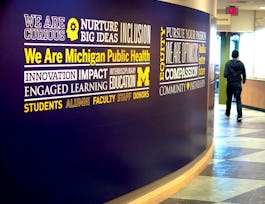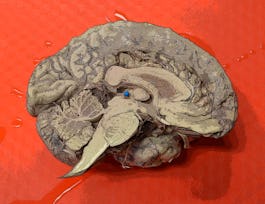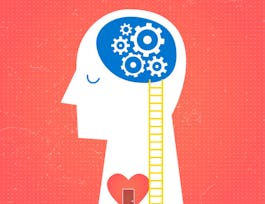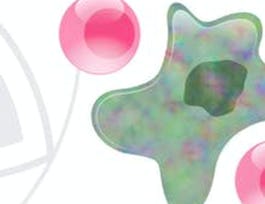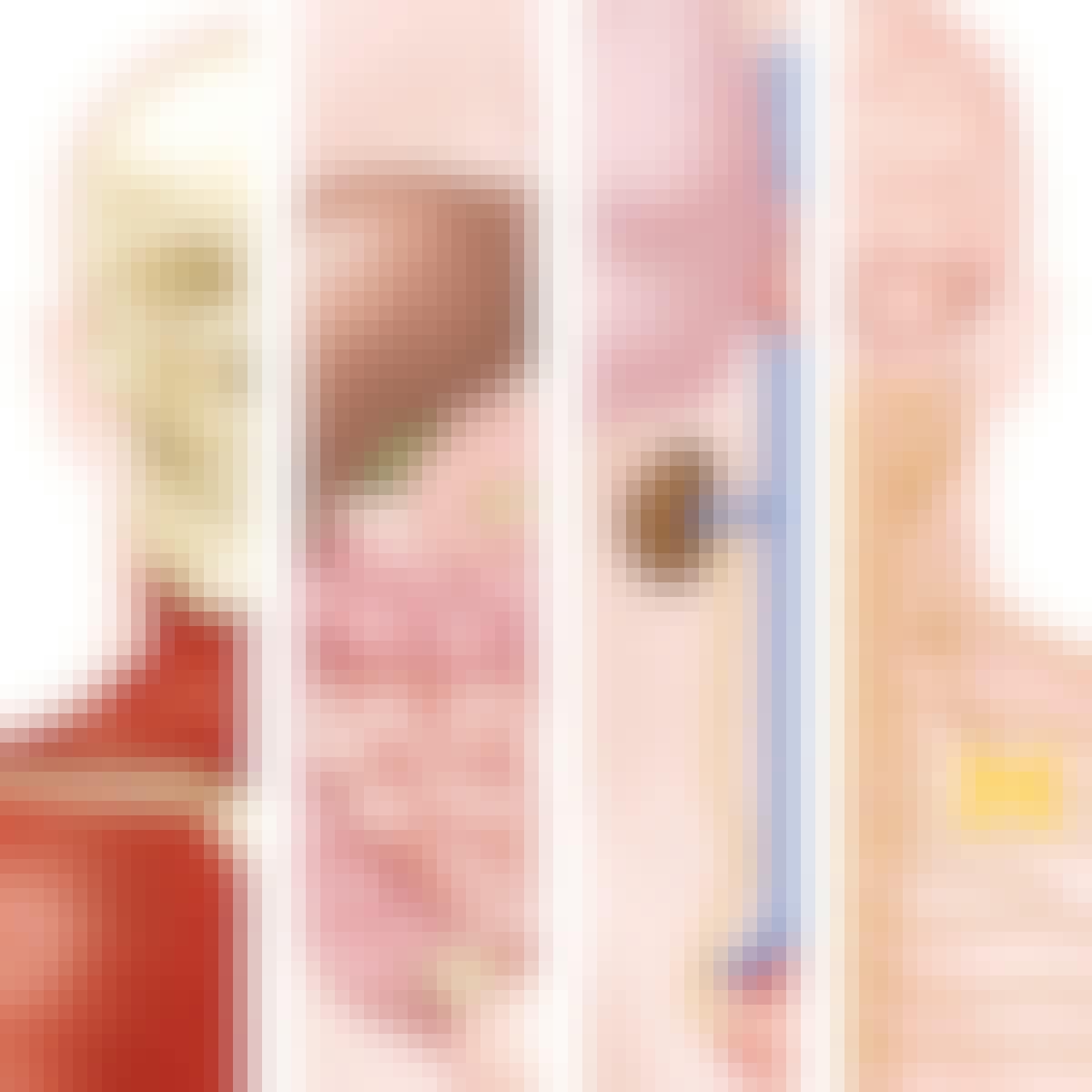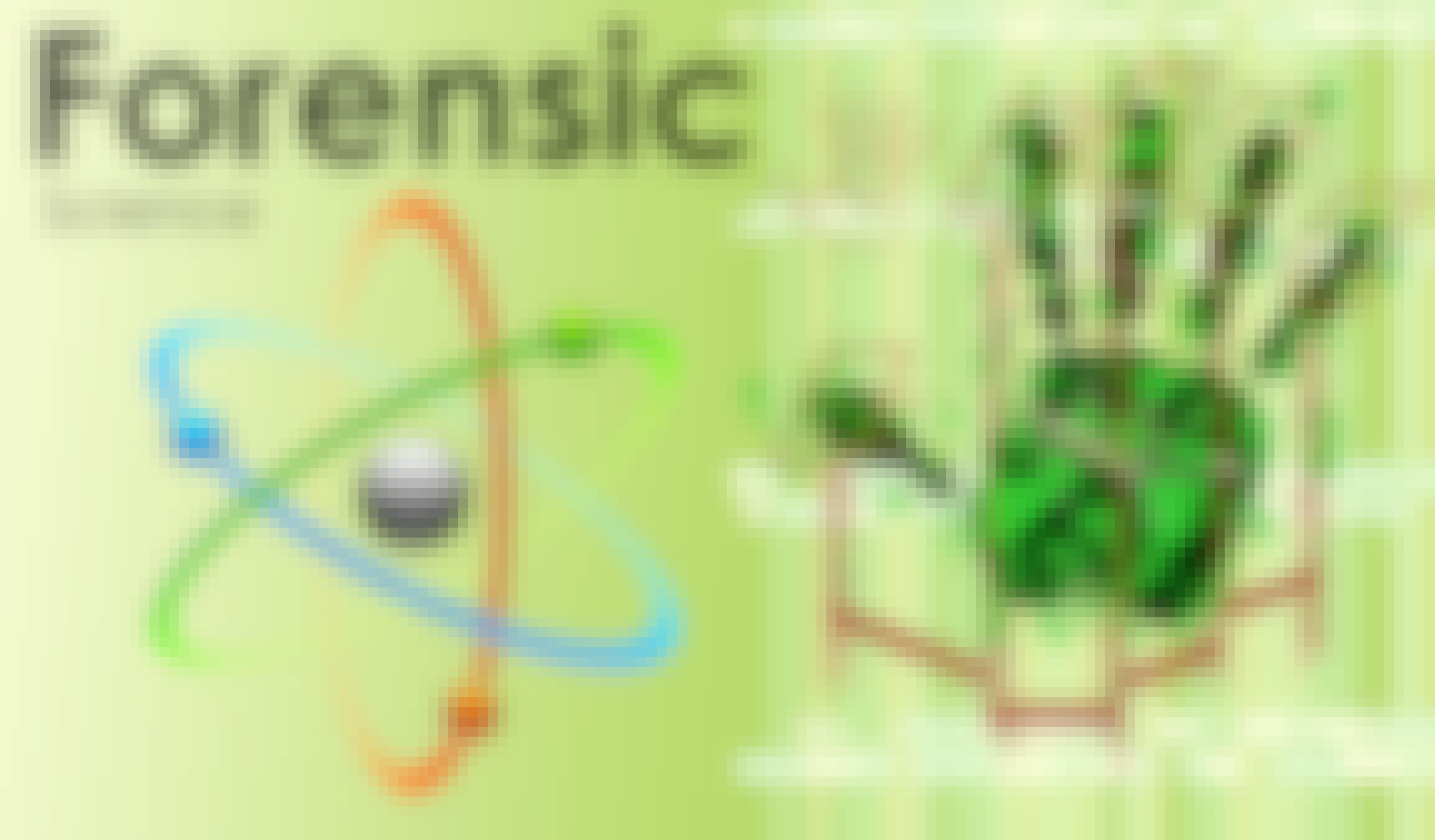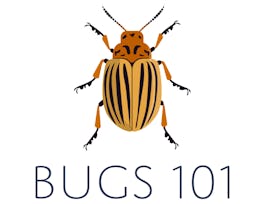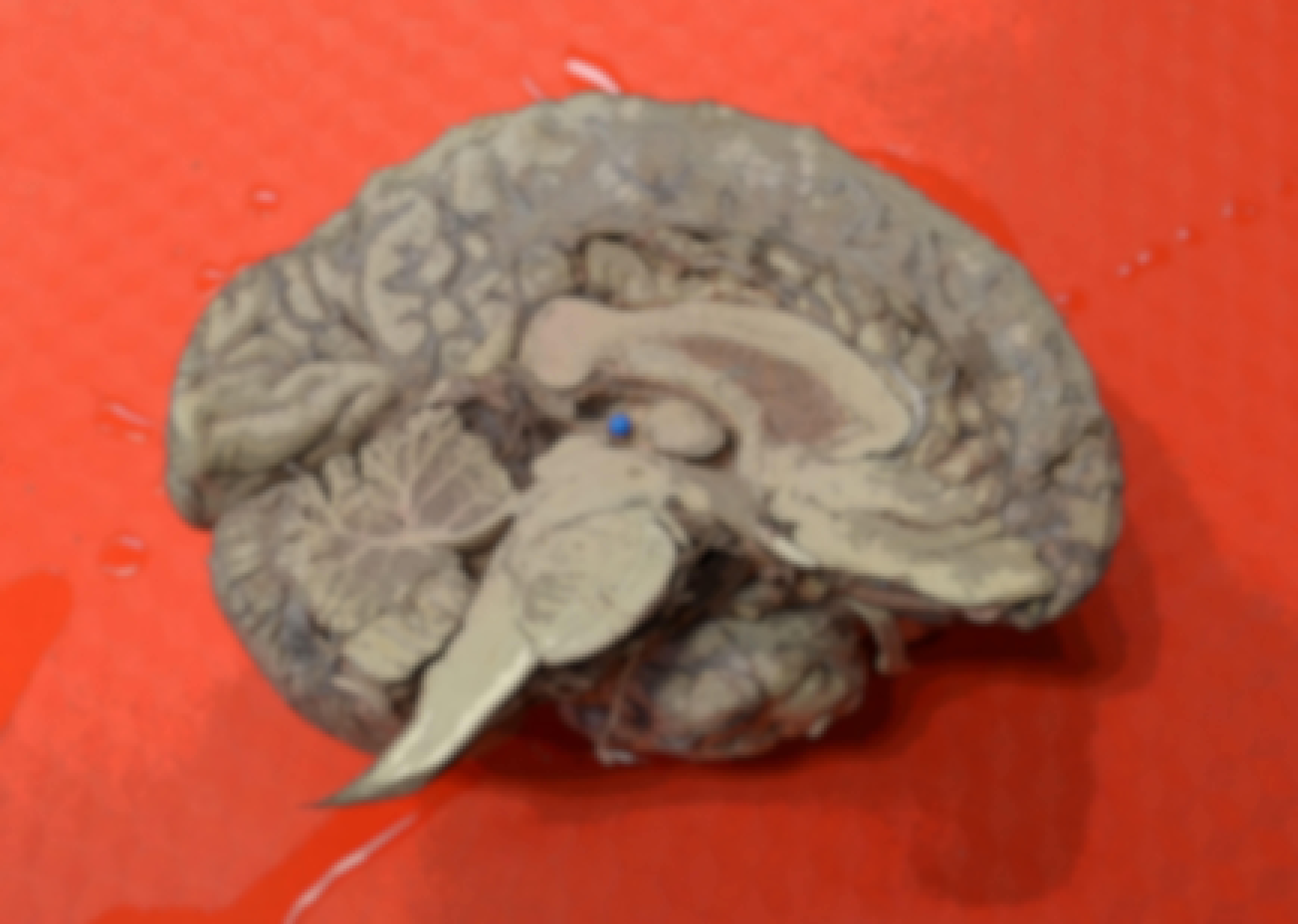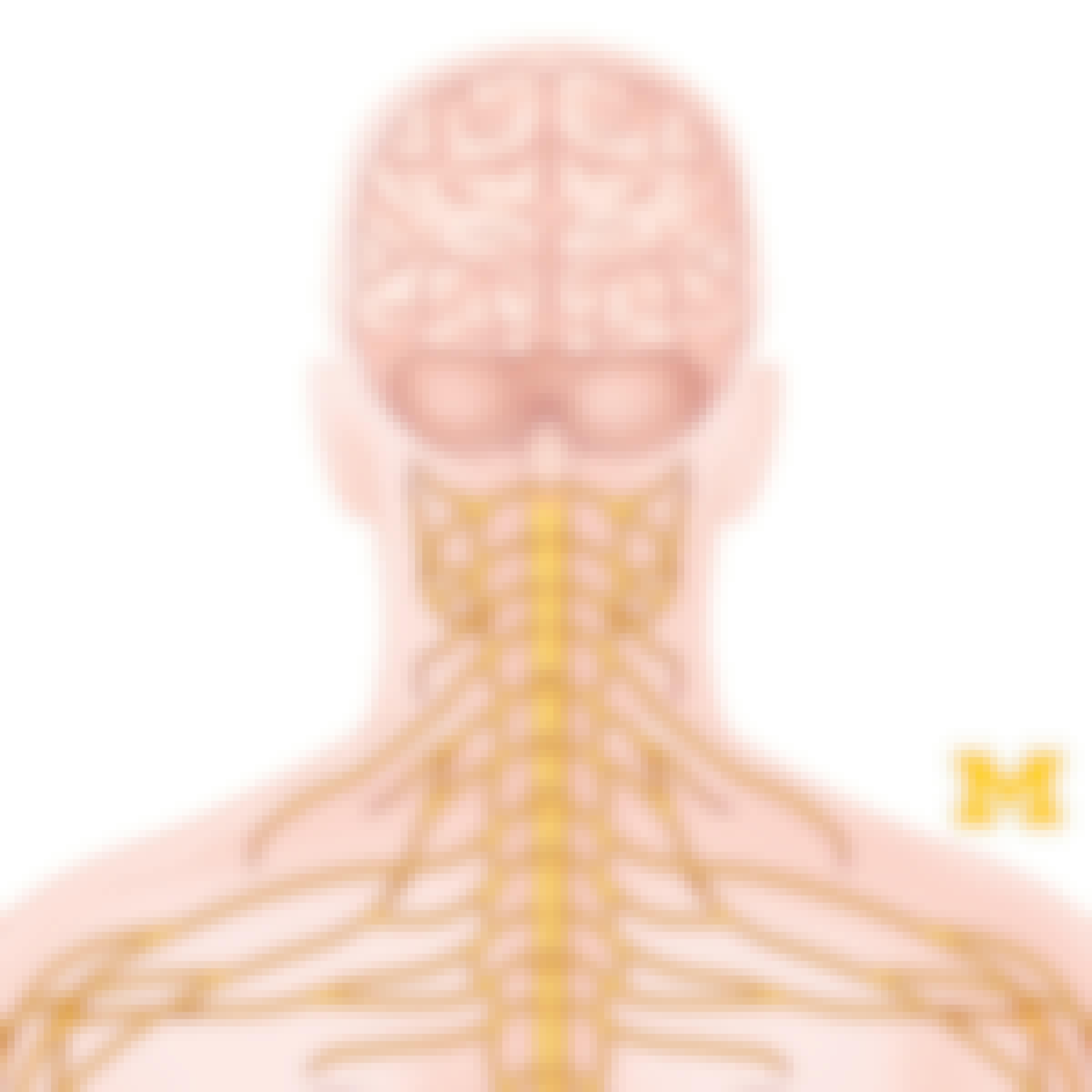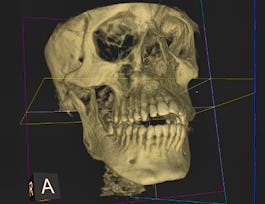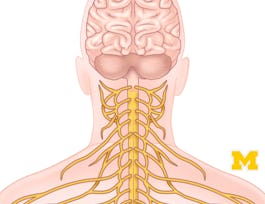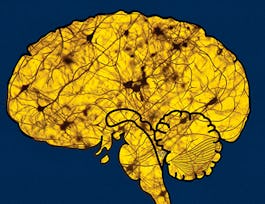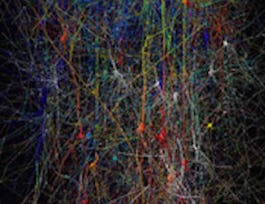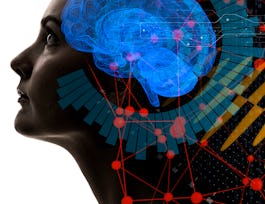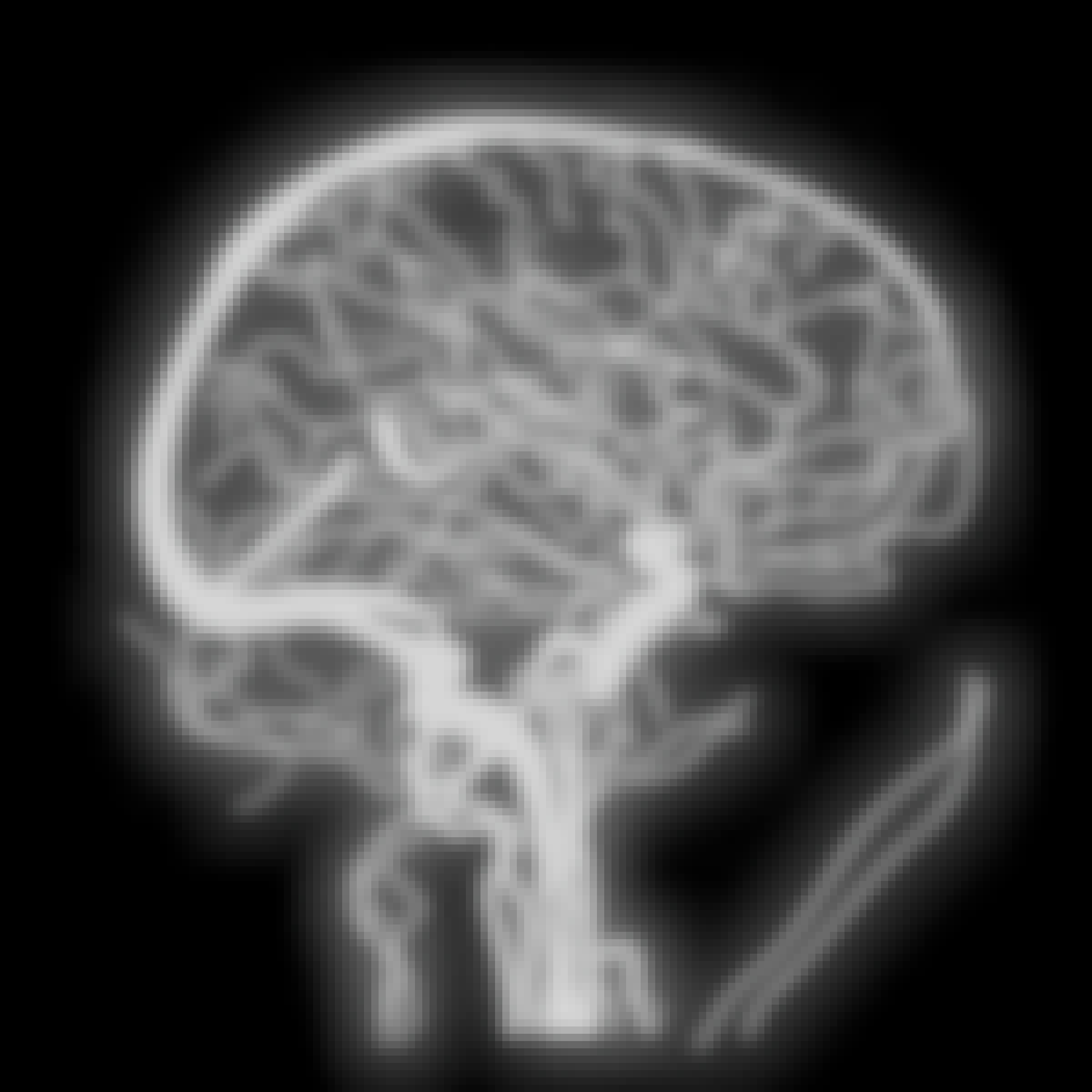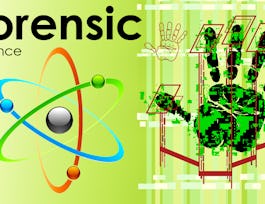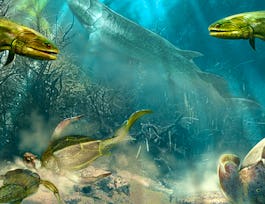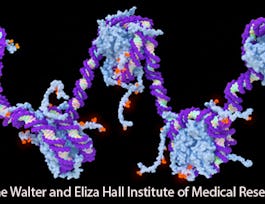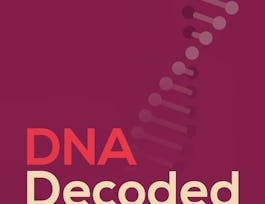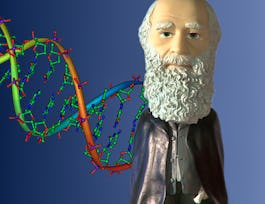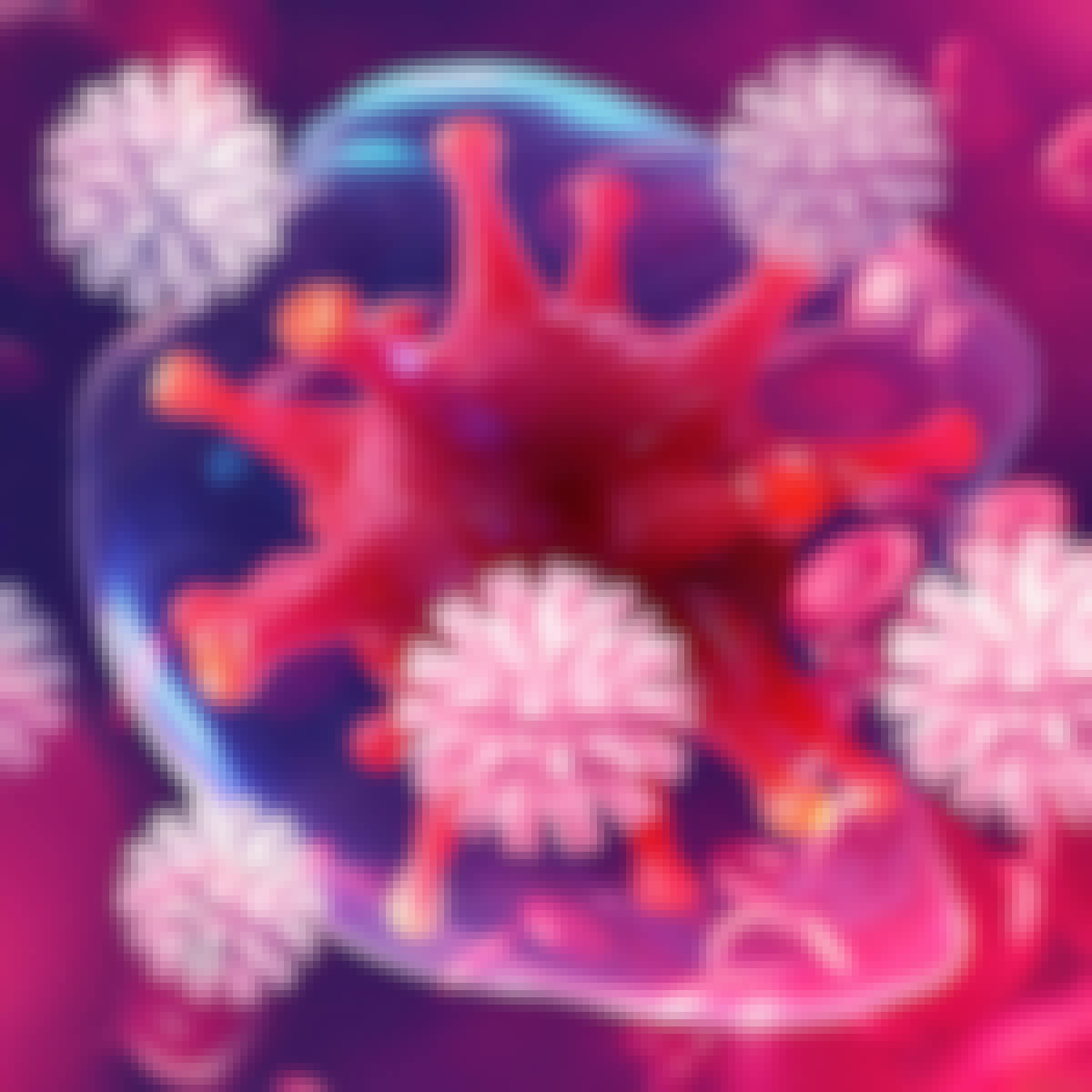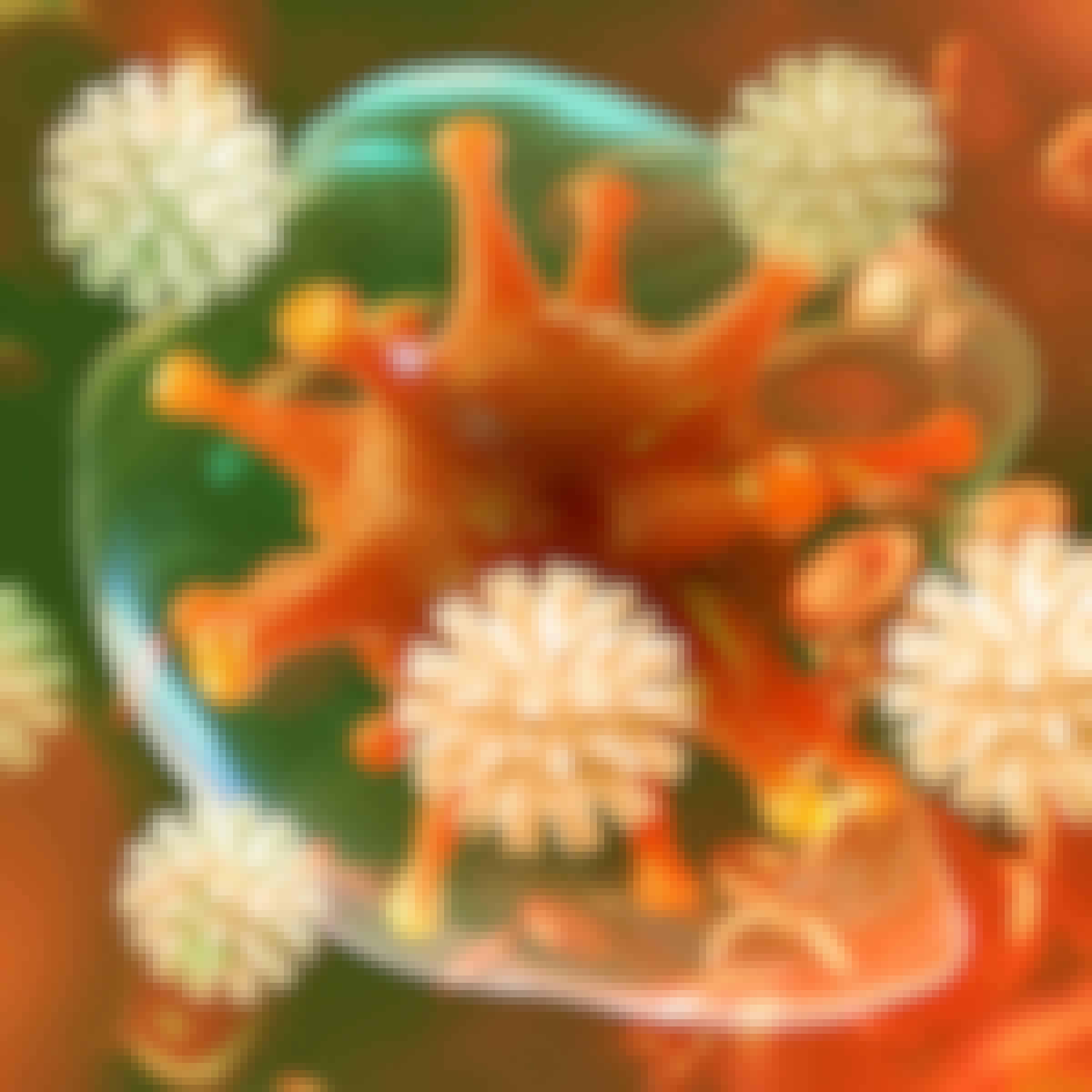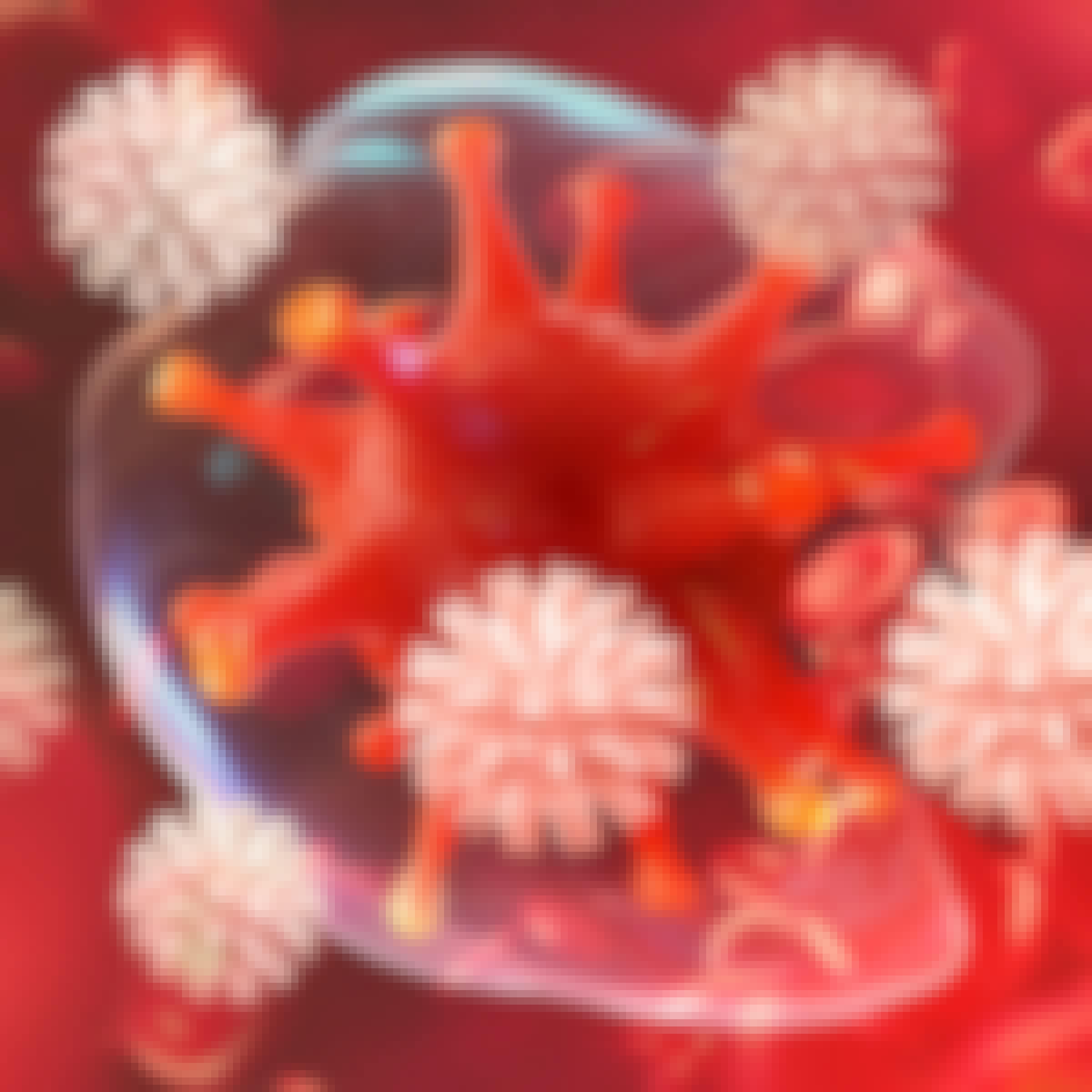Basic Science
Earn Your Degree
Most Popular Courses
Top Rated Courses
Finish a Basic Science Course in Under 12 Hours
Neuroscience and Psychiatry
More Basic Science Courses
Life Sciences
Frequently Asked Questions about Basic Science
In our increasingly high-tech and computer-mediated daily routines, it can sometimes be easy to forget that we are ultimately biological creatures inhabiting a world teeming with plant, animal, and microbial life. However, this reality is never far from our day-to-day experiences, especially if we get sick. Basic science is the study of the fundamental processes that are essential to life on our planet, including biology, biochemistry, genetics, anatomy, neurobiology, immunology, and more.
Sometimes used interchangeably with the term “life science,” basic science isn’t just an abstract, theoretical field. Practical applications of this knowledge are responsible for many breakthroughs that we take for granted in our daily lives, from modern medicine to foods and other common household products. This research is also essential for new advances that researchers are working towards today, such as improved treatments for Alzheimer’s and Parkinson’s, genetically modified crops, and even potential cures for cancer.
This body of basic science knowledge represents the cumulative work of countless scientists over hundreds of years. Referring to this tradition of accumulated scientific knowledge, Sir Isaac Newton famously said that “If I have seen further than others it is by standing on the shoulders of giants.” Studying basic science is foundational to contributing to the work of these “giants” or to standing on their shoulders.
Because basic science is fundamental to so many fields, an education in this area can open the door to a wide variety of jobs. For starters, basic science courses are essential to understanding how the human body works, and thus are prerequisites for attending medical school. Becoming a doctor is one of the most well-known (and highest-paying) career paths that requires a background in basic science, but it’s hardly the only one.
If you prefer doing research in the laboratory to working with patients in the hospital or doctor’s office, you can become a biomedical scientist, microbiologist, biochemist, or industrial pharmacist. With some exceptions, these jobs do not require doctorates, and offer good pay, regular hours, and the ability to make a difference through impactful research. For example, microbiologists play a major role in developing treatments for epidemics through their study of bacteria and viruses.
More technically-oriented learners can use basic science education to help launch careers as biological technicians, computational biologists, or bioinformaticians. Working at the intersection of medicine and technology, these professionals play a vital role in leveraging computers, specialized medical equipment, and data to improve our understanding of biological systems. These emerging fields are increasingly important to creating new tools for public health professionals as well as improving the basic life science knowledge on which they depend.
Absolutely. Today’s online learning platforms allow you to access a high-quality education from top universities in a wider variety of disciplines than ever, including basic science. And, just like online learning options in other fields, online courses in basic science are providing the opportunity to gain this valuable education at a significantly lower cost and with greater flexibility than on-campus alternatives.
As the leading online education platform in the world, Coursera offers a myriad of courses in basic science from schools like the University of Michigan, University of Chicago, Duke University, and Johns Hopkins. Popular courses include human physiology, immunology, anatomy, cancer biology, brain, and genetics.
Anyone can learn basic sciences like biology, chemistry, and geology, but it may be easier if you have an analytical mind and a desire to understand how things work beneath the surface. Studying a basic science allows you to ask questions, form hypotheses, and conduct experiments to determine the answer. A curious nature may be one of your most important tools in mastering a basic science. Strong language skills can help you understand Latin-based terminology, while excellent math skills can help with chemistry and physics.
Your potential career path can vary a great deal, depending on the basic science you study, but one of the most common paths results in medical students becoming doctors. This career path often starts with the study of biology in undergraduate school. After graduating from medical school, new doctors first work and learn as medical interns before becoming medical residents. The new doctors can eventually choose to progress even further and become surgeons or specialists. Someone who studies chemistry may choose to start in an entry-level laboratory position for a pharmaceutical company with the goal of becoming a lead drug researcher. Top chemists could eventually run their own divisions or companies as chief science officers or vice presidents. A geology student could start a career as a geological explorer searching for oil and gas reserves for an energy company and eventually advance to become a petroleum engineer. From there, engineering managers and vice presidents sometimes earn promotions to top executive positions.
A variety of related subjects can enhance the study of basic science, including psychiatry and mental health, the brain's role in addiction, oncology and the biological aspects of cancer, forensic science, and organ donation. You could take your knowledge of biology to a more advanced level by studying physiology to understand how the body responds to exercise or enhance your understanding of chemistry by learning more about the complex research that goes into the development of a new drug. You could also learn the principles of scientific writing to help you draft everything from scientific papers and articles to peer reviews and grant applications.
Research institutes, medical facilities, government agencies, universities, and pharmaceutical companies are common entities that hire people with science backgrounds for both entry-level and experienced positions. Energy companies rely on a variety of trained experts, including geologists and environmental scientists to help them locate natural resources and safely access them with minimal ecological damage. Additionally, biotechnology companies focus on cutting-edge science to manipulate organisms and biological processes to create life-saving medications, including antibiotics and synthetic insulin.
Online Basic Science courses offer a convenient and flexible way to enhance your knowledge or learn new Basic Science skills. Choose from a wide range of Basic Science courses offered by top universities and industry leaders tailored to various skill levels.
When looking to enhance your workforce's skills in Basic Science, it's crucial to select a course that aligns with their current abilities and learning objectives. Our Skills Dashboard is an invaluable tool for identifying skill gaps and choosing the most appropriate course for effective upskilling. For a comprehensive understanding of how our courses can benefit your employees, explore the enterprise solutions we offer. Discover more about our tailored programs at Coursera for Business here.
